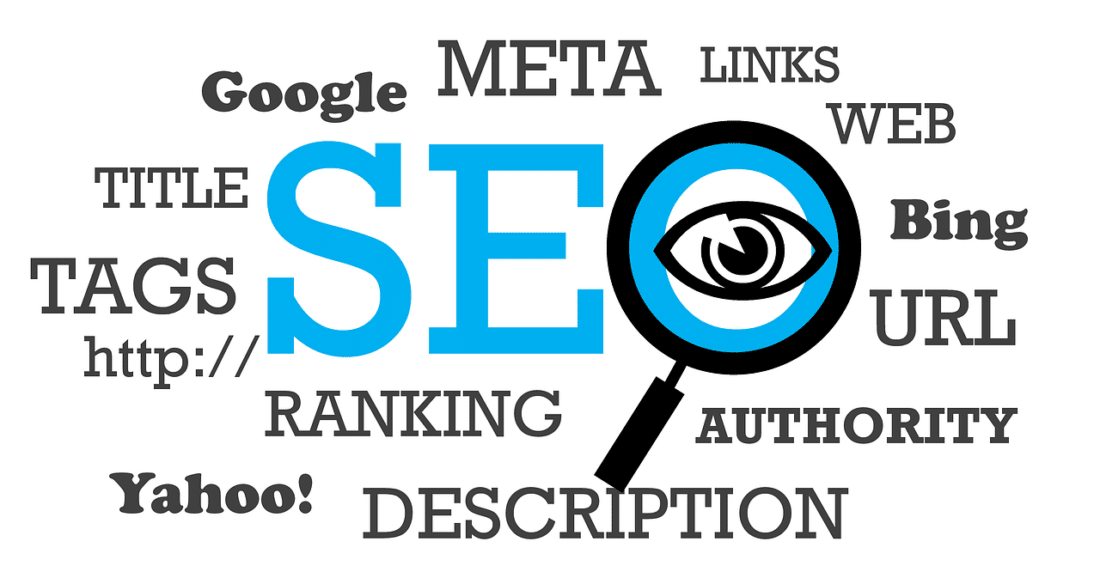For most consumers and businesses, the term ‘search engine’ has become synonymous with Google. While that focus is understandable—Google is by far the most popular and widely-known search engine—the result is that Microsoft’s Bing is often overlooked.
Even when it does come up, marketers are often unsure what exactly to make of Bing. The search engine has survived for more than a decade, is very well funded, and has pioneered many key innovations. On the other hand, it can be difficult to justify dedicating time and money to Bing when succeeding with organic and paid Google tactics is challenging enough.
Basically when it comes to search engines, most businesses find themselves asking: Does Bing really matter?
Google vs. Bing
If you take a quick glance at market share, the answer seems to be: not really. While the exact numbers vary a bit depending on the source, it’s clear that Google dominates the search market.
However, these numbers are slightly misleading for two reasons.
First, Bing’s U.S. market share is significantly higher than its global market share (6.5% versus 2.5% in this data). Second, Microsoft has a partnership with Verizon to power search on that company’s Yahoo and AOL properties.
This means Bing’s true market share in the United States is closer to the 10%-11% range.
In addition to its Verizon partnerships, Bing also benefits from being closely tied to another major corporation: parent company Microsoft.
Specifically, the search engine is closely integrated into Microsoft’s new Edge web browser (which had a strong launch this year) as well as into the company’ Windows operating system. Their OS still powers more than three-quarters of desktops worldwide.
Engaging With Bing
Bing’s integrations with Microsoft products as well as its exclusive partnerships with some platforms means that its audiences do not necessarily always overlap with Google’s; the traffic it drives sometimes behaves differently.
For example, when SEO expert Matthew Woodward analyzed web traffic to his own site, he found incoming traffic from Bing was actually more valuable. He observed fewer bounces and higher engagement rates compared with incoming traffic from Google.
Bing’s integrations, partnerships and different audience characteristics can be appealing. However they probably still don’t justify investing in organic SEO specifically for the platform for most businesses given Google’s dominant position.
The Microsoft Network
However, these factors do make Bing more appealing when it comes to paid search. That’s because the Microsoft Audience Network, like Google Ads, combines search data with technology such as machine learning to deliver sophisticated campaigns not just in search results but across the web.
Notably, the Audience Network includes LinkedIn—a property also owned by Microsoft—which means marketers can serve ads on the business-oriented social networking platform. They can also target specific LinkedIn audiences on other platforms, including Bing (something Google can’t do).
Moreover, a number of publishers focused on professional audiences are also part of the Microsoft Audience Network.
So, what does this all mean?
Fundamentals of SEO
Essentially, when it comes to organic search Bing has a larger-than-acknowledged market share but still lags far behind. Most brands should probably concentrate on Google for now. However, they should occasionally check Bing’s Webmaster Tools to ensure there are no major issues with their web properties getting crawled and displayed.
The good news with that is that the fundamentals of modern SEO—such as focusing on creating high-quality content, ensuring properly structured pages, and delivering fast, mobile-optimized experiences—are effective for both Google and Bing. Focusing on the former still helps with the latter.
As for advertising, the answer is more complicated. On its own Bing still might not warrant a lot of attention. But as part of Microsoft’s Audience Network it can deliver unique opportunities—especially for firms seeking to reach professional audiences and for those looking to reach consumers who favor platforms like Yahoo and AOL.
In other words, when it comes to paid search, Bing does matter. Marketers shouldn’t be too quick to dismiss it—or Microsoft.





Join the conversation